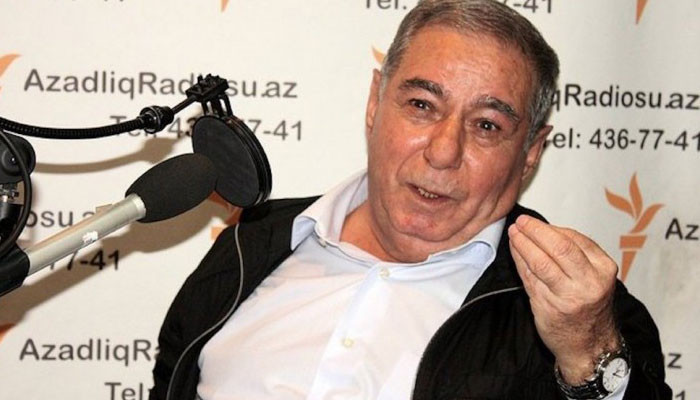Akram Aylisli: how one Azerbaijani writer dealt with a book burning campaign against him
 The publication of Akram Aylisli’s 2012 novella Stone Dreams marked the beginning of a spectacular fall from grace for the well-established Azerbaijani author. Angry crowds across the country made bonfires of his books; he was stripped of his official title by President Ilham Aliyev; his wife and son were fired from their jobs; and one politician even offered a reward to anyone who cut off his ear. Six years later, some of the urgency has gone out of the official campaign against Aylisli, but a wall of silence has been built around the once-popular writer. “My books were removed from all the country’s libraries and publicly burnt. My plays were pulled from all theatres. My films were removed from circulation. My works were taken out of school textbooks. In short, I find myself in a full spiritual blockade,” Aylisli, 80, says in an email exchange. “The only thing I have left is my own spiritual space, which any ‘real’ writer is obliged to preserve.” Aylisli’s supporters hope the publication of Stone Dreams in English by US publisher Academic Studies Press this week will help raise awareness of the writer’s situation among the international community. The novella appears in a volume called Farewell, Aylis as one a trilogy of short novels by Aylisli. Yemen (1992), A Fantastical Traffic Jam (2011) and Stone Dreamsare all remarkable for their exploration of how power is exercised in Azerbaijan, but the taboo-busting courage of Stone Dreams makes it unmissable for anyone familiar with the recent history of the South Caucasus. Aylisli provokes such anger among his compatriots because of his treatment of the conflict between Armenians and Azeris, which erupted during the collapse of the Soviet Union, first with killings and pogroms, and then as a full-scale war over the mountainous region of Nagorno-Karabakh. Sporadic fighting continues to this day, and years of relentless propaganda has entrenched a culture of hate in both countries. More than any other writer in the region, Aylisli does not shy away from describing the brutal violence, political failure, and moral bankruptcy of his own side. |

Henry VIII's love token secured by British Museum after centuries lost
67611.02.2026, 01:01
Netherlands returns 3,500-year-old looted sculpture to Egypt (video)
71608.02.2026, 19:12
Fifty-year restoration of Sainte-Chapelle's monumental stained glass inches closer to completion (photo)
58504.02.2026, 22:57
First lady’s film ‘Melania’ racks up biggest opening for a documentary in a decade
72501.02.2026, 23:32
BAFTA 2026 nominations
69827.01.2026, 19:38
2026 Oscar Nominations: See the Full List
103523.01.2026, 00:33
